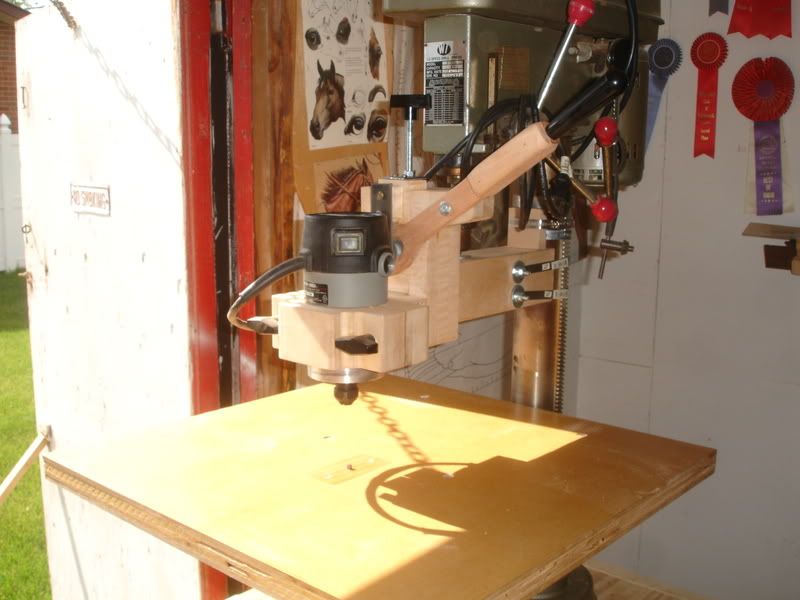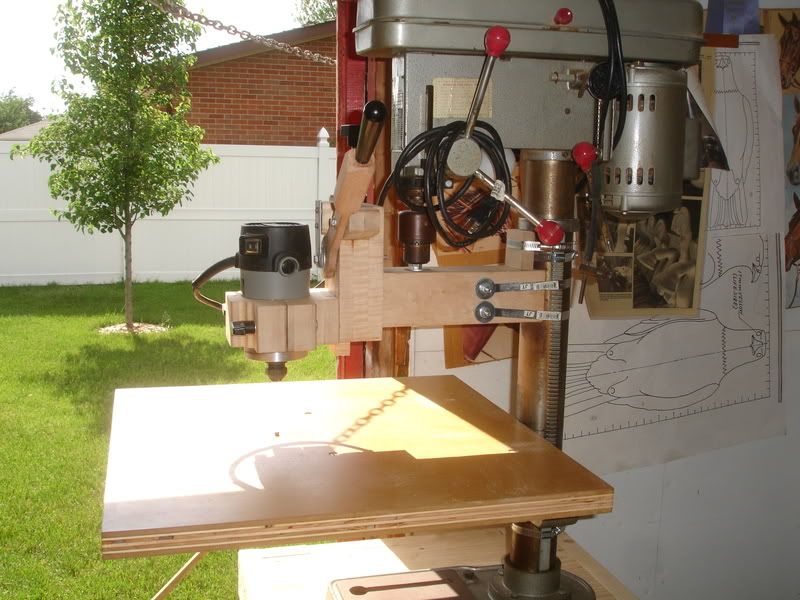up ko ani karong morning..
Results 71 to 80 of 850
Thread: All about woodworking
-
06-21-2010, 05:44 AM #71
-
06-21-2010, 10:32 AM #72
Add Ons to your Stationary Tools.


-
06-22-2010, 12:07 PM #73
up ko ani..
-
06-23-2010, 09:42 AM #74
Test your gluing knowledge
Answer these true-or-false questions to see what you know about adhesives and gluing.
1. All glues are the same; they all work on wood. - TRUE or FALSE
2. There is not one great glue that will do it all. -TRUE or FALSE
3. All white/yellow glues are the same. - TRUE or FALSE
4. Yellow glue is strong-White glue is only used by schoolchildren. - TRUE or FALSE
5. There is no glue like the old hide glue. - TRUE or FALSE
6. Aliphatic glue is superior. - TRUE or FALSE
7. Formaldehyde glues are waterbased. - TRUE or FALSE
8. Water based glues are harmful because they will swell and twist wood. - TRUE orFALSE
9. Thick glue is better and fills gaps and voids. - TRUE or FALSE
10. More glue is better. - TRUE or FALSE
11. More pressure is better. - TRUE or FALSE
12. More catalyst is better. - TRUE or FALSE
13. No glues will take a stain. - TRUE or FALSE
14. Mechanical help such as biscuits or dowels is needed for best edge gluing strength. -TRUE or FALSE
15. Miters and other end grain can be glued with any thick glue. - TRUE or FALSE
16. Moisture content is important; gluing air dried lumber is not a good idea. - TRUE orFALSE
17. Pieces should be assembled as soon as possible after spreading the glue. - TRUEor FALSE
18. There are glues that will set in 3-5 minutes allowing very fast edge gluing of hardwoods. - TRUE or FALSE
19. It's OK to machine immediately from press/clamps. - TRUE or FALSE
20. Heating the glue line will not speed the cure. - TRUE or FALSE
21. "Water Resistant" on the label means the glue isn't affected by water. - TRUE orFALSE
22. Glues with toxic chemicals in them shouldn't be used. - TRUE or FALSE
23. Water based glues can be used as long as the temperature in the shop is above freezing. - TRUE or FALSE
24. Shops don't need to be humidified in the winter. - TRUE or FALSE
25. It's OK to glue bowed, bellied or twisted stock as long as it's pulled tight with clamps.- TRUE or FALSE
26. Glue performance can be easily tested in the shop. - TRUE or FALSE
27. Powdered glues that require water for mixing are more likely to bleed through veneers than PVAs. - TRUE or FALSE
28. Glues last forever; there is no shelf life. - TRUE or FALSE
Answers:
Spoiler!
-
06-24-2010, 08:24 PM #75
up ko ani for today..
-
06-25-2010, 09:12 AM #76
up for this day.. ask pa mo
-
06-26-2010, 07:27 PM #77
-
06-26-2010, 07:33 PM #78
-
06-27-2010, 02:26 PM #79
-
06-27-2010, 06:41 PM #80
usna man nga wood kuno?
Advertisement
Similar Threads |
|





 Reply With Quote
Reply With Quote

